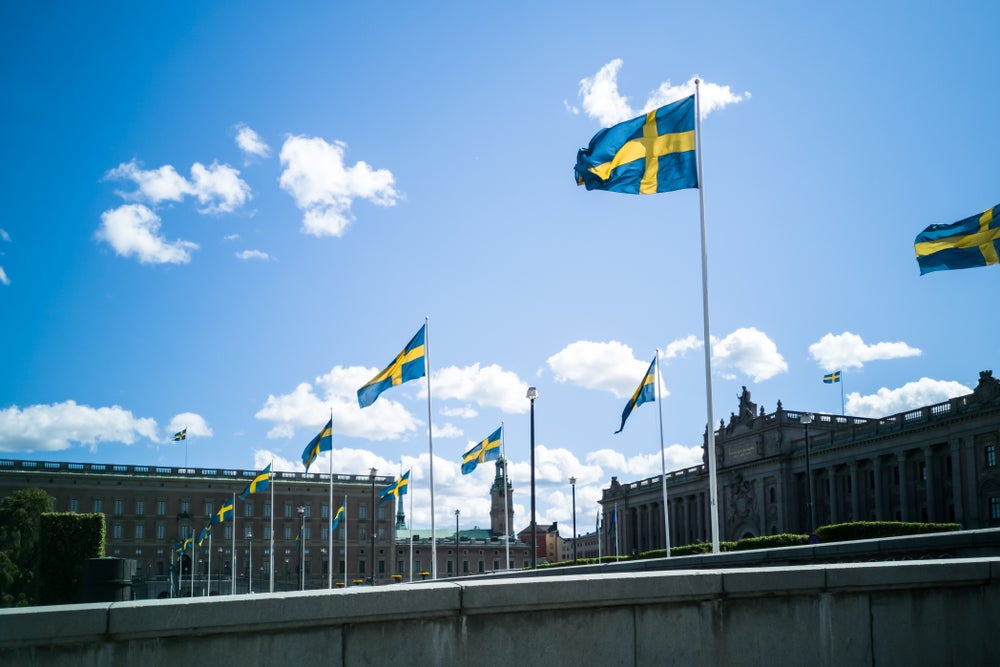The Swedish Government has presented its road map for the development of the country’s nuclear power industry. The plan will enable the “massive expansion of new nuclear power by 2045”. By 2035, the government aims to produce a total output of at least 2,500MW.
A nuclear power coordinator will be appointed to ensure the removal of obstacles and the facilitating and promotion of new nuclear power. The coordinator will bring together relevant parties to establish a clear direction for effective expansion. A risk-sharing model will also be established to stimulate investments, alongside the Skr400bn ($37.71bn) of loan guarantees already offered. Under the new financing model, the government will share some of the risk in a bid to encourage investment from the private sector.
Sweden’s National Debt Office will assess how credit guarantees for investments in new nuclear infrastructure will affect the risk in the combined guarantee portfolio.
The government said: “Given the long-term needs for fossil-free electricity until 2045, an expansion is needed that could, for example, correspond to ten new large-scale reactors.” In addition, it noted that the exact amount and type of reactors needed “depends on several things, including the need and rate of expansion in the electricity system, technological development, and where in the country the new consumption and production are located”.
In January this year, a formal proposal to amend Sweden’s legislation on nuclear power was presented, which aims to remove the current law limiting the number of reactors in operation to ten. It also permitted reactors to be built on new sites rather than just on existing ones. On 28 September, the bill was introduced to parliament and changes to the law are proposed to enter into force on 1 January 2024.
Sweden’s nuclear power industry has a varied history. In 1980 the government decided to phase out nuclear power, but a policy in 1997 allowed ten reactors to operate for longer than envisaged. By 2020 four older reactors were closed, removing 2.8GW of power. The country now has six reactors that produce 6.94GW.









